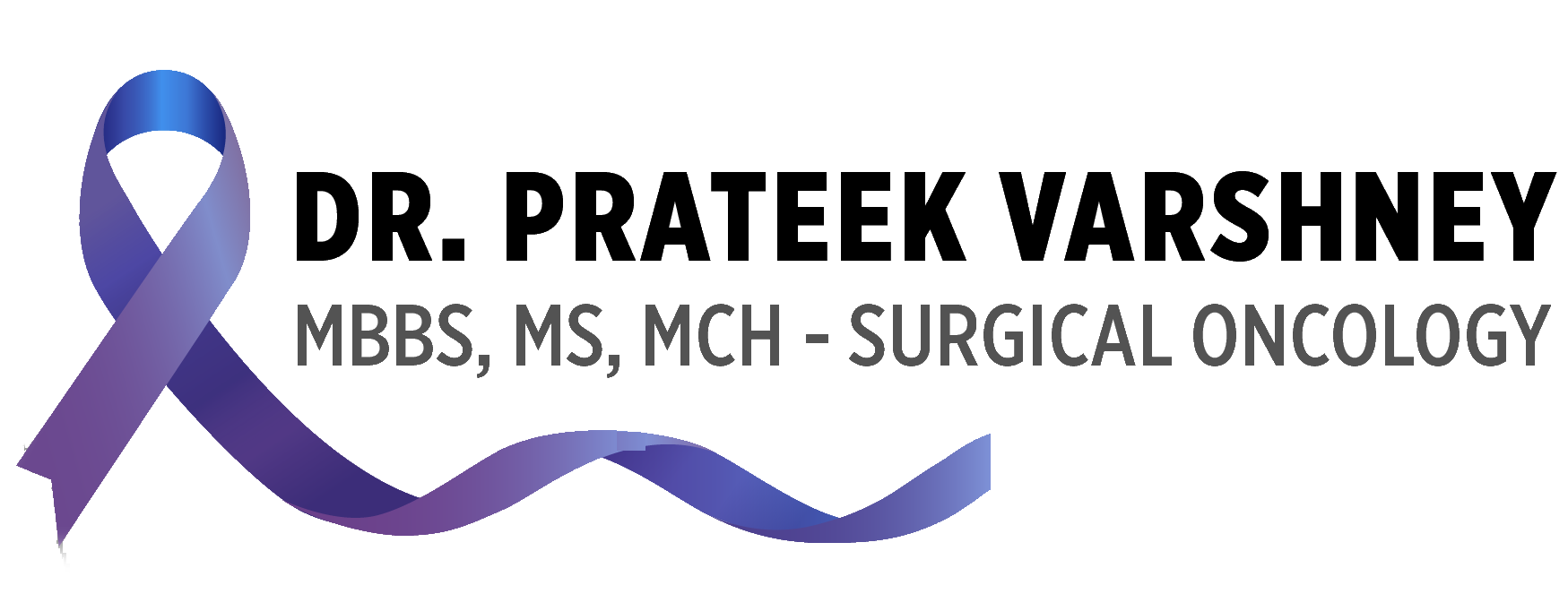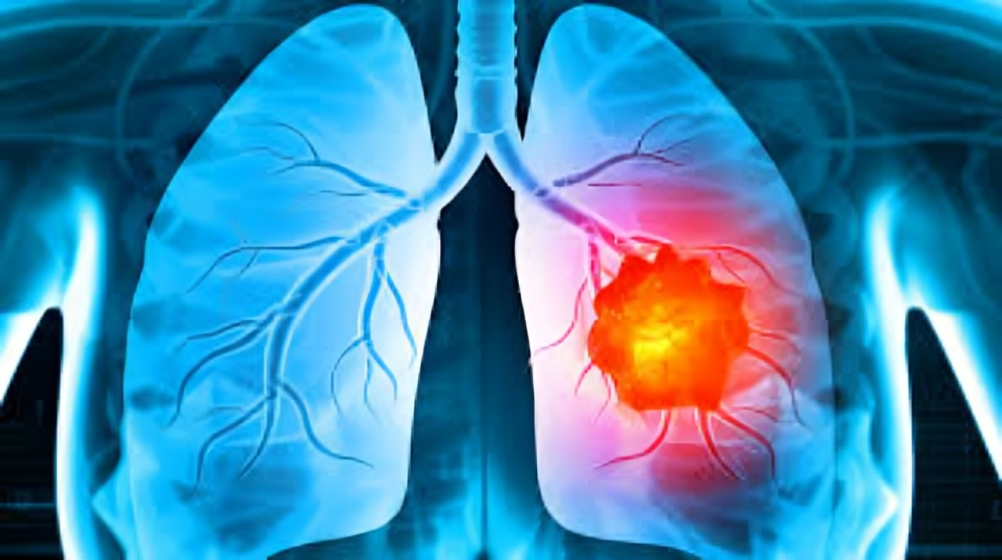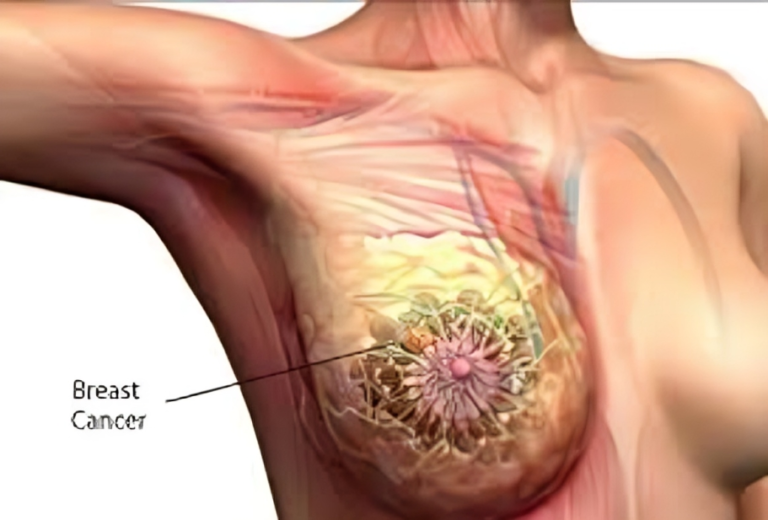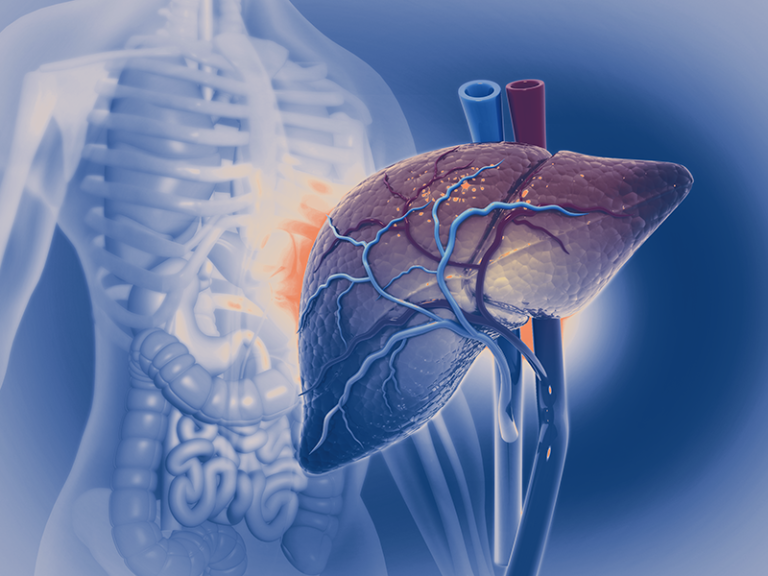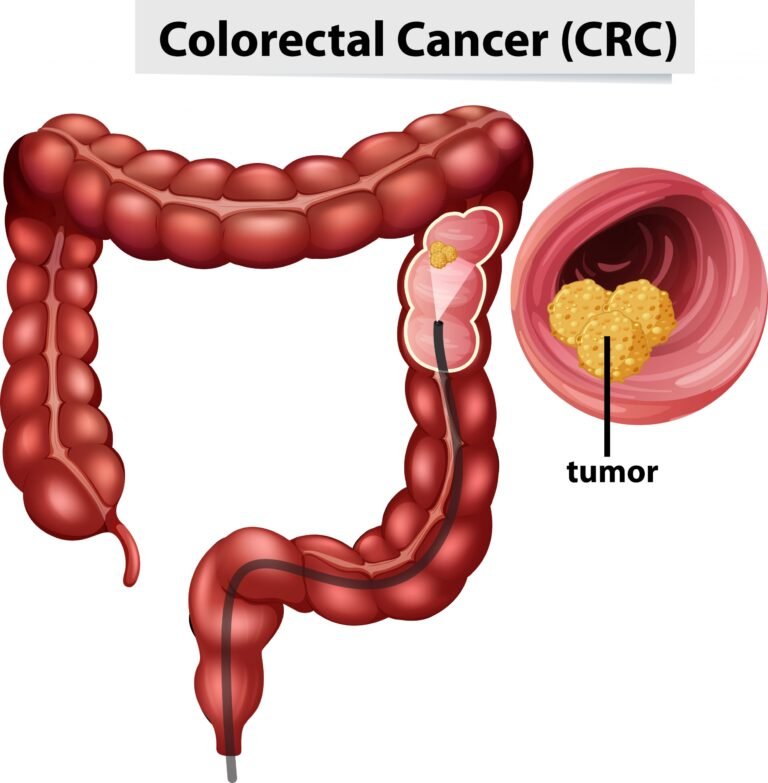Navigating the Complex Landscape of Lung Cancer: Progress Challenges and Hope.
Lung cancer, a leading cause of cancer-related deaths worldwide, poses a significant public health challenge. This article aims to shed light on the intricacies of lung cancer, including its risk factors, types, diagnostic approaches, treatment modalities, and the ongoing efforts to improve outcomes for those affected by this complex disease.
To Know More About It Please Click Here
- Understanding Lung Cancer:
- Lung cancer develops when abnormal cells in the lungs grow uncontrollably, forming tumors that can interfere with lung function.
- The two main types are non-small cell lung cancer (NSCLC) and small cell lung cancer (SCLC), each requiring distinct approaches to diagnosis and treatment.
- Risk Factors:
- Smoking: Cigarette smoking is the primary cause of lung cancer, accounting for a significant percentage of cases.
- Secondhand Smoke: Exposure to secondhand smoke increases the risk, particularly for non-smokers.
- Environmental Exposures: Radon gas, asbestos, and other occupational or environmental hazards can contribute to lung cancer development.
- Genetic Factors: Some individuals may have a genetic predisposition to lung cancer.
- Screening and Early Detection:
- Early detection is crucial for improving lung cancer outcomes.
- Low-dose computed tomography (LDCT) screening is recommended for individuals at high risk, such as heavy smokers.
- Symptoms and Diagnosis:
- Persistent cough, chest pain, wheezing, and unexplained weight loss are common symptoms.
- Diagnostic procedures include imaging tests, bronchoscopy, and biopsy to confirm the presence and type of lung cancer.
- Treatment Modalities:
- Surgery: Surgical removal of the tumor is often a primary treatment for early-stage lung cancer.
- Radiation Therapy: High-dose radiation is used to target and kill cancer cells.
- Chemotherapy: Systemic drugs are employed to destroy cancer cells or slow their growth.
- Targeted Therapy and Immunotherapy: Tailored treatments that focus on specific molecular or immune system factors, offering more personalized approaches.
- Challenges in Lung Cancer Treatment:
- Late-stage diagnosis remains a significant challenge, limiting treatment options.
- Resistance to certain treatments and the aggressive nature of some lung cancers pose ongoing difficulties.
- Emerging Research and Hope for the Future:
- Advances in precision medicine and immunotherapy are transforming the treatment landscape.
- Clinical trials explore novel therapies and combinations to improve outcomes and quality of life.
- Prevention and Public Health Initiatives:
- Anti-smoking campaigns, awareness programs, and lung cancer screening initiatives contribute to prevention and early detection efforts.
- Encouraging healthy lifestyle choices, reducing environmental risks, and fostering genetic counseling are integral components of comprehensive prevention strategies.
To Know More About It Please Click Here
Conclusion: Lung cancer’s impact on global health necessitates ongoing efforts in research, early detection, and innovative treatment modalities. As we strive for better prevention, earlier diagnosis, and more effective interventions, there is hope on the horizon. By combining medical advancements with increased awareness and proactive public health measures, the journey to conquer lung cancer is one that holds promise for improved outcomes and a brighter future for those affected by this challenging disease.
